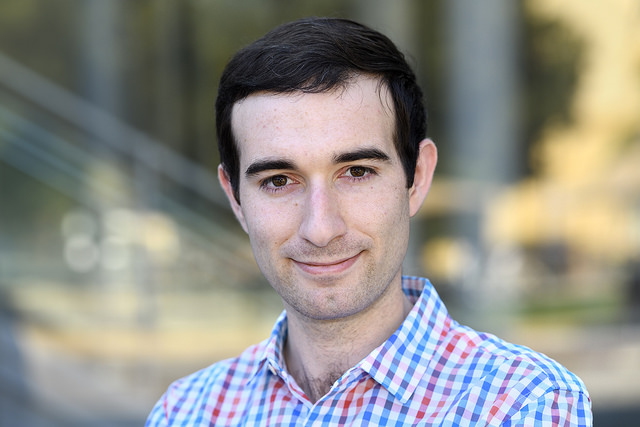I am in the final year of my Ph.D. in Computer Science at Stanford University. I analyze human behavior traces and train models to imitate humans.
My research focuses on data systems, machine learning, and computer architecture. I developed a system for imitating human behavior within the AI performance constraints of a commercial video game. To create this system, I trained an efficient transformer-based learned movement controller, curated a dataset, built an in-memory data pipeline, reverse-engineered an integration interface to the game, and created quantitative metrics for evaluating similarity to human behavior distribution. I deployed the controller in a bot and collaborated with industry partners to assess its commercial impact. This video shows the bots moving like humans as they play against themselves. My other research includes Aetherling, a dependently typed programming language that produces FPGA image processing accelerators with a scheduler that automatically trades-off resource utilization and throughput.
I am advised by Professors Kayvon Fatahalian and Pat Hanrahan and was supported by an NSF Graduate Research Fellowship and a Stanford Graduate Fellowship in Science and Engineering.
